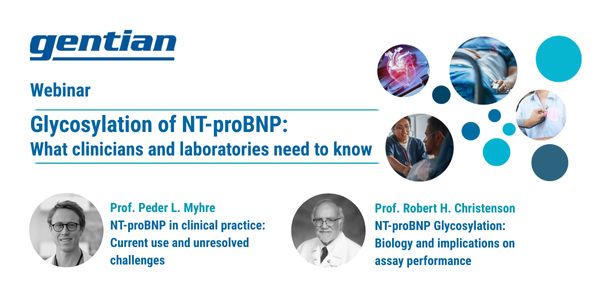Rapid, Low-cost Tools for Global Health: Using Cell-free Synthetic Biology for Zika Virus Detection and the Portable Manufacture of Therapeutics
-
Keith Pardee, PhD
Assistant Professor, Leslie Dan Faculty of Pharmacy, University of TorontoBIOGRAPHY
The recent Zika virus outbreak highlights the need for low-cost diagnostics that can be rapidly developed for distribution and use in pandemic regions. In early 2016 we developed a pipeline for the rapid design, assembly, and validation of cell-free, paper-based sensors for the detection of the Zika virus RNA genome. This work was built upon a paper-based system that we originally published in 2014 that used freeze-dried cell-free reactions to deploy synthetic gene networks outside of the lab in a sterile and abiotic format. By linking isothermal RNA amplification to toehold switch RNA sensors in this paper-based system, we were able to detect clinically relevant concentrations of Zika virus sequences and demonstrated specificity against closely related Dengue virus sequences. When coupled with a novel CRISPR/Cas9-based module, our sensors were able to discriminate between viral strains with single-base resolution. We also successfully demonstrated a simple, field-ready sample-processing workflow and detect Zika virus from the plasma of a viremic macaque.
We have also recently extended our cell-free approach to the portable manufacture of therapeutics. Using pellets of freeze-dried cell-free reactions we demonstrated the synthesis over 50 products. This included the manufacture and functional validation of antimicrobial peptides, vaccines, antibody conjugates and small molecules. Our freeze-dried biomolecular platform resolves important practical limitations to the deployment of both molecular diagnostics and protein-based therapeutics to the field and demonstrates how synthetic biology can be used to develop tools for confronting global health crises.
Rapid, Low-cost Tools for Global Health: Using Cell-free Synthetic Biology for Zika Virus Detection and the Portable Manufacture of Therapeutics
Please update your information
Certificate of Participation
DOWNLOAD CERTIFICATE






